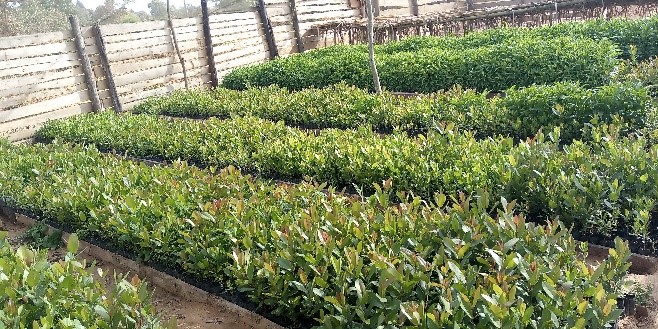Freshwater availability is fundamental resource for natural ecosystems, human livelihoods, and vital to sustainable development. The access to it is considered by United Nation as a universal human right. Regardless to its ecological and social economic importance, it’s availability constantly fluctuating and under extensive pressure to meet near future demand. Various stressors including, climate change, population growth and human-induced activities, such as deforestation and unsustainable agricultural practices are the leading causes for freshwater resources degradation. To ensure effective restoration and conservation practices, it is vital to identifying all water sources and assess different environmental challenges associated including anthropogenic activities within or nearby the source which will help to provides proper interventions for conservations and protection.
Recognizing that, Researcher from TRCO in collaboration with National Environmental Management Council and Water User Association (WUA), conducted a baseline ecological survey to map and assess ecological status of water sources in Mbarali river catchment; the headwater region of Great Ruaha River, Southern Highlands of Tanzania. Due to Limited funds, the survey covers only 22 % (45330 Ha) of the Mbarali river catchment. A total of 200 active water sources were identified whereby only 35% were found to be in good condition and the remaining 65% were degraded from anthropogenic activities.
TRCO is still sourcing fund to extend the ecological survey to map and assess ecological status of water sources covering the whole catchment and implementing Nature based Solutions to conserve water sources. However, under the implementation of EFLOWS project, we managed to established tree nursery with 45,000 water friendly seedlings which were planted in some of degraded water sources.



